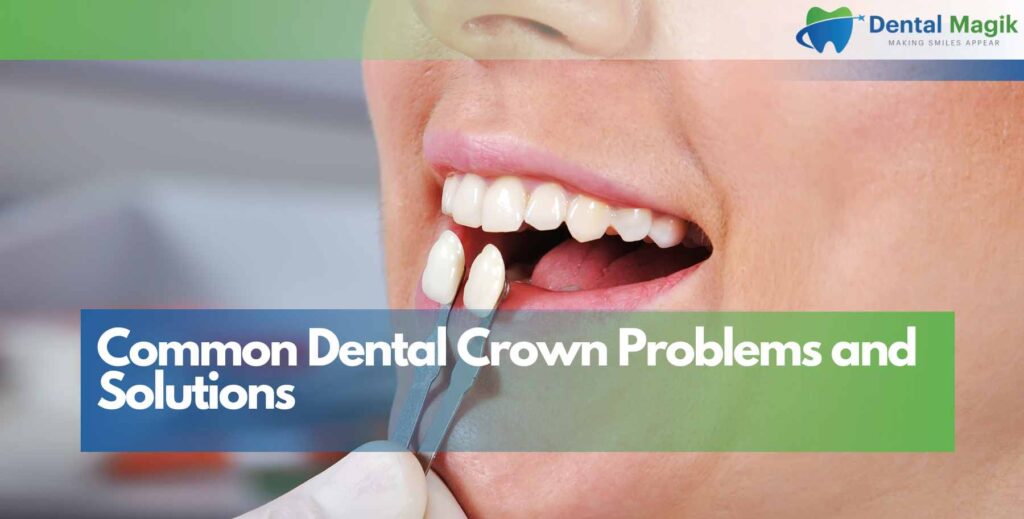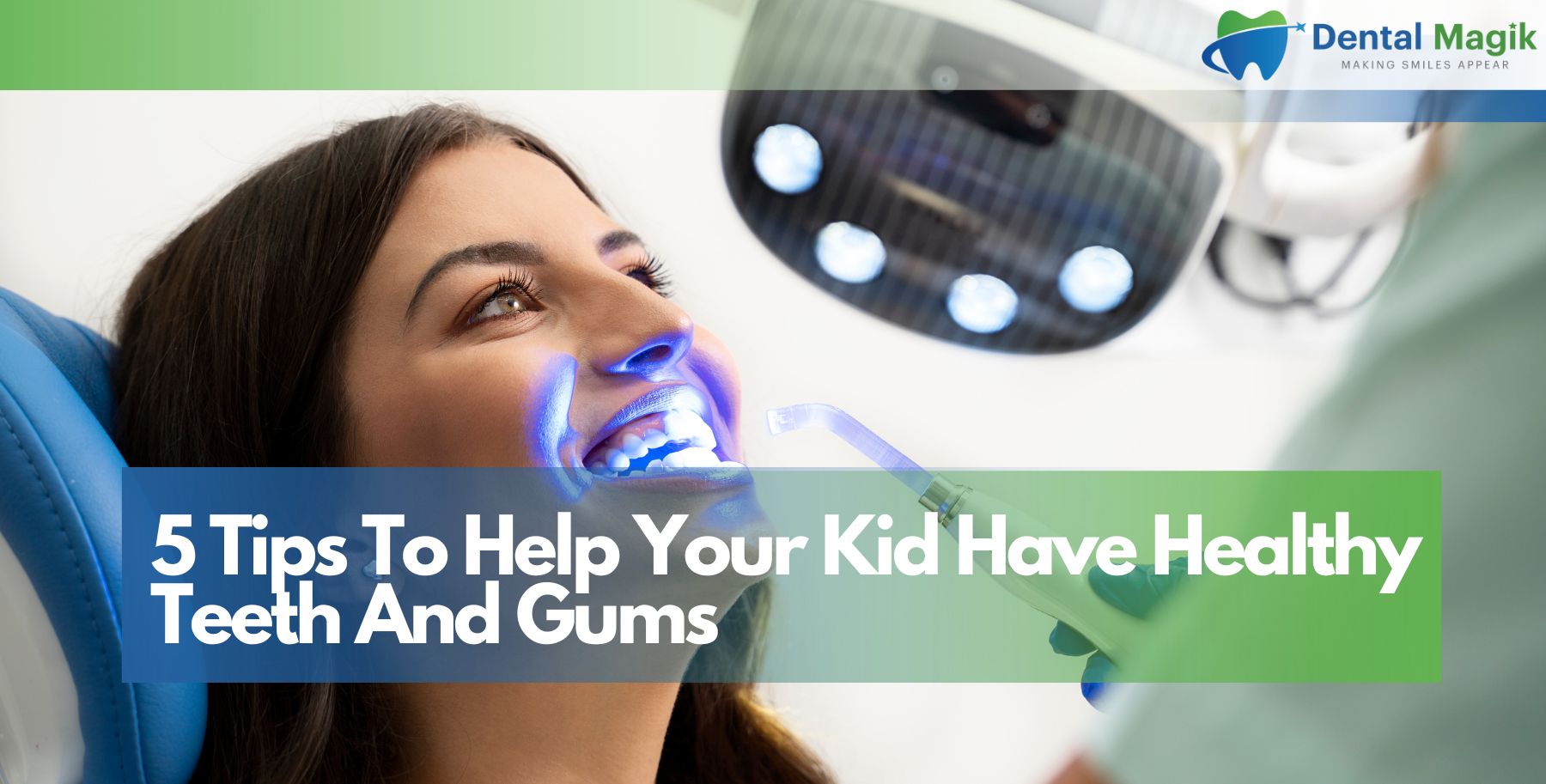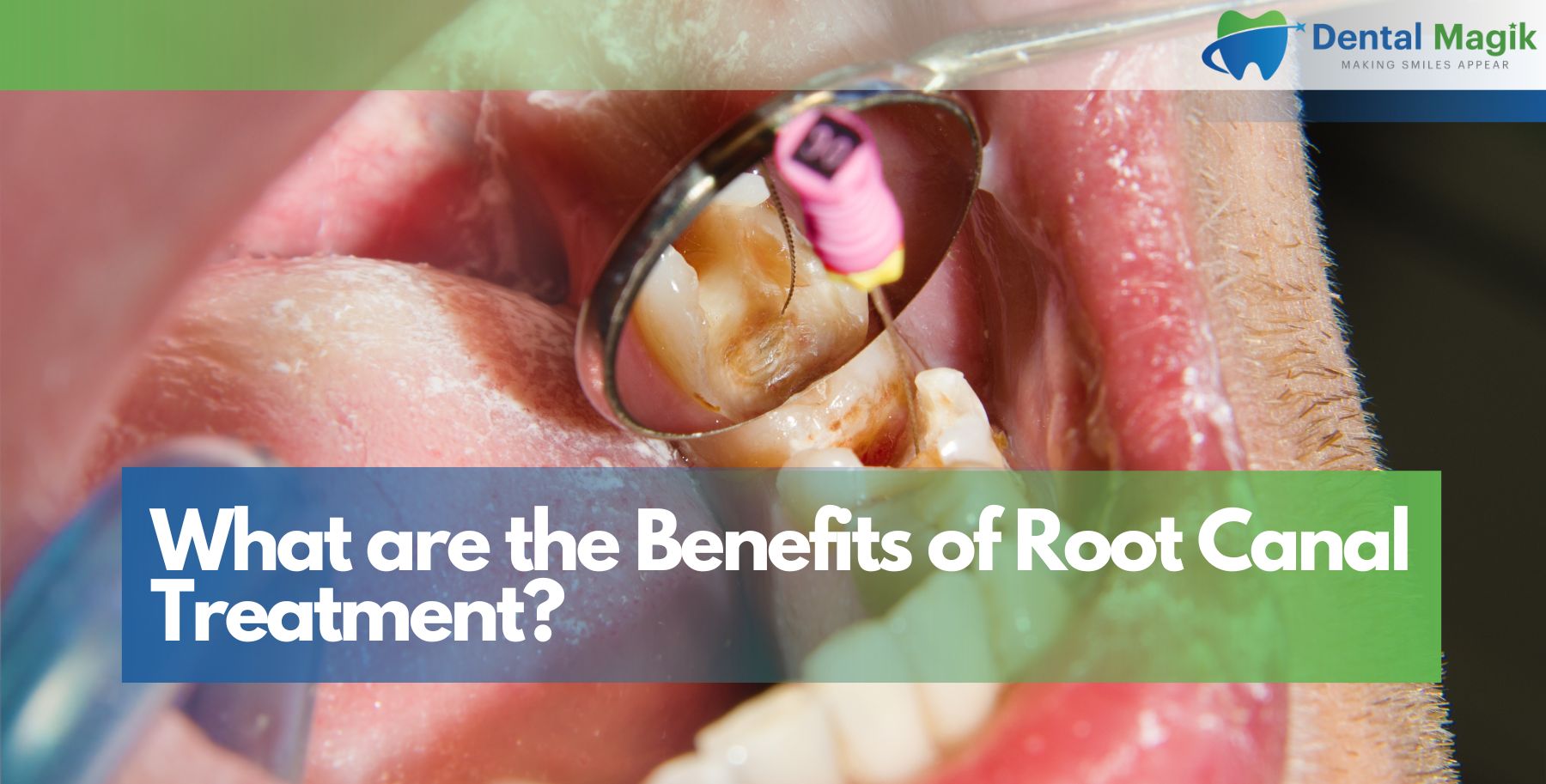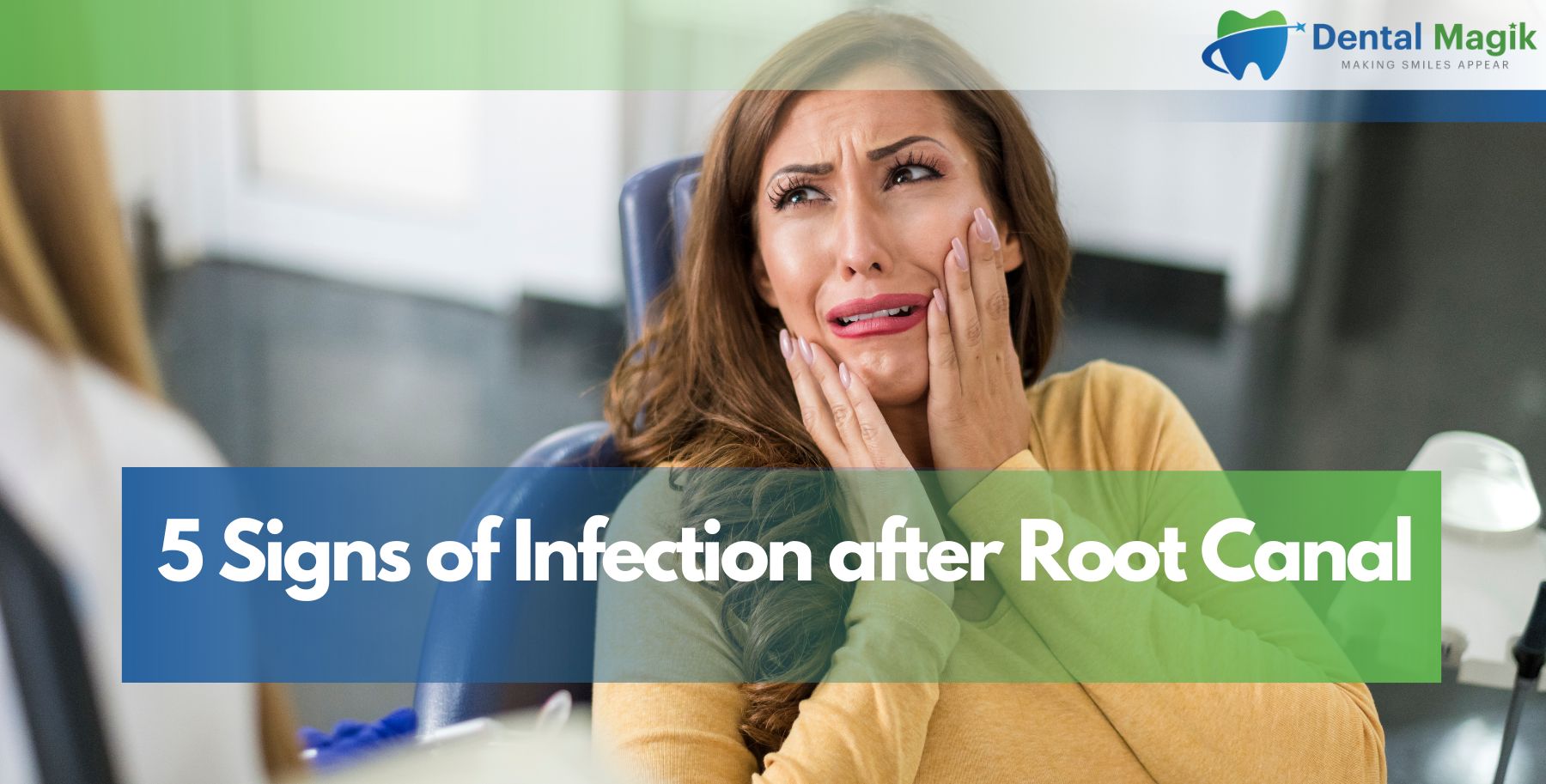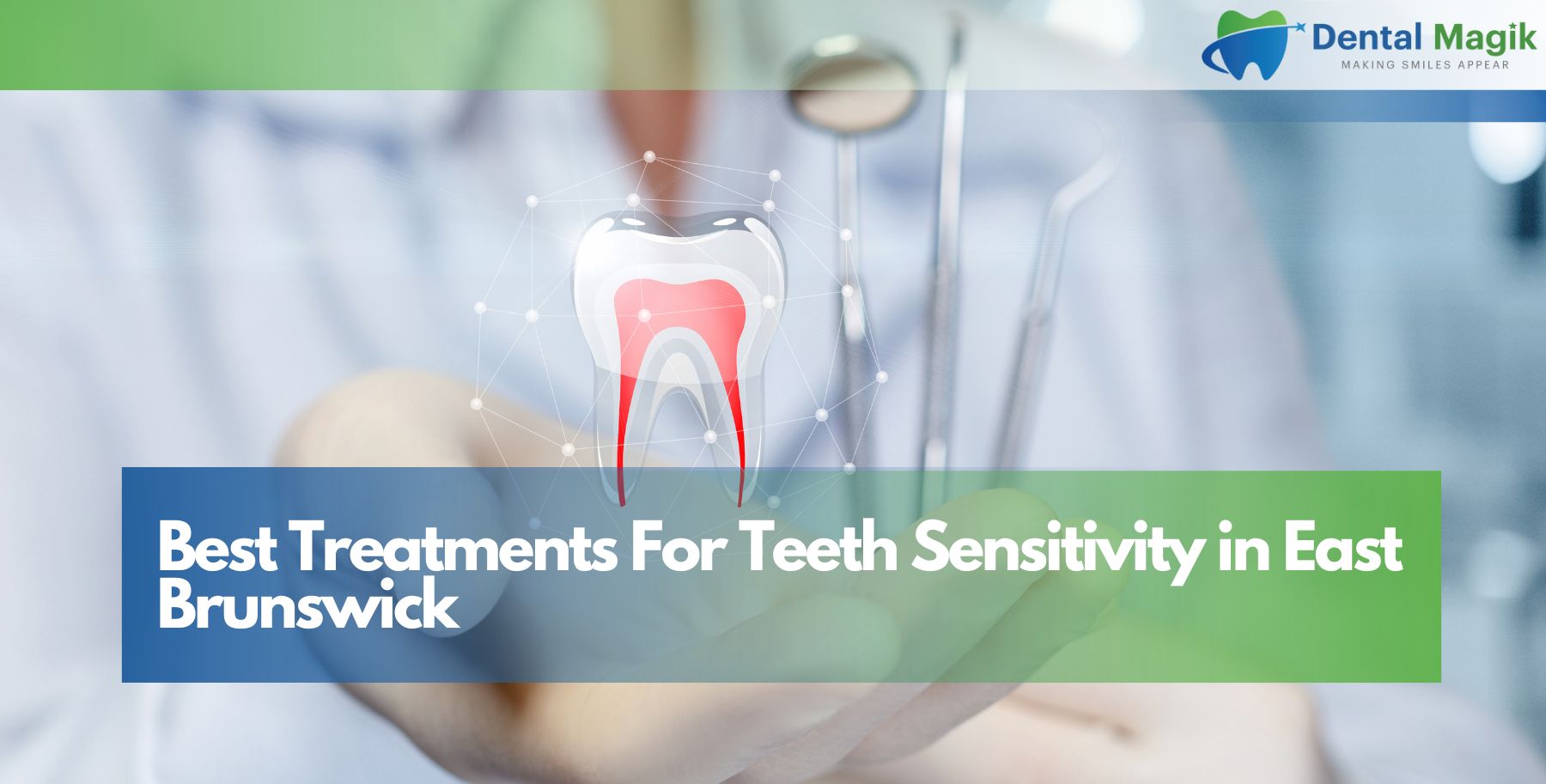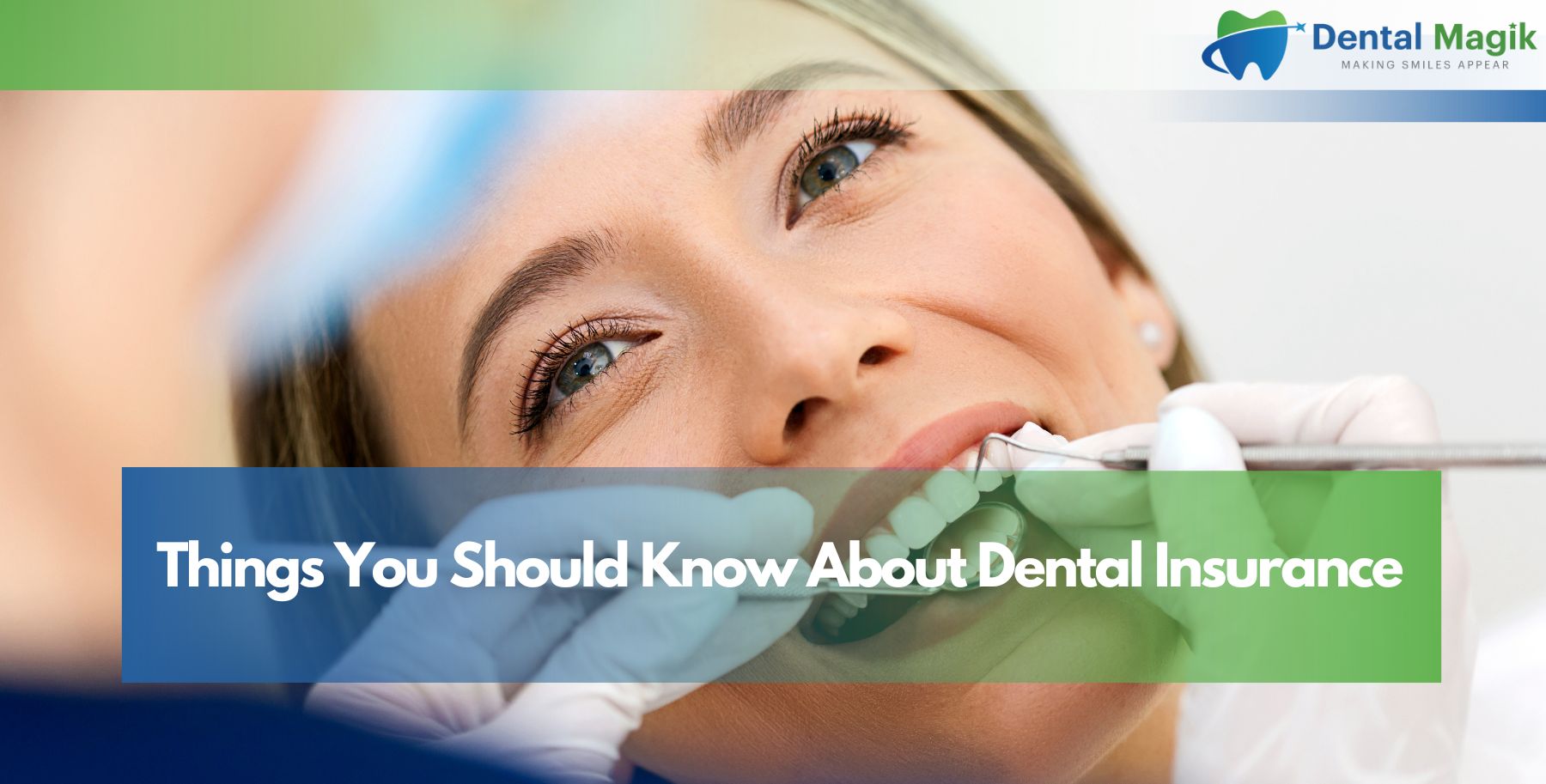Dental crowns are an essential solution for restoring damaged or weakened teeth. They provide both functional and aesthetic benefits, making them a popular choice in modern dentistry. However, like any dental procedure, crowns can sometimes encounter problems. Understanding these issues and their solutions can help patients maintain their oral health effectively. We will explore the common dental crown problems and their solutions, ensuring your dental health stays on track. If you’re looking for Dental Crowns in East Brunswick, NJ, this we will also give insights on what to expect.
What Are Dental Crowns?
A dental crown is a custom-made cap placed over a tooth to restore its shape, size, strength, and appearance. Crowns are typically used in the following situations:
- Protecting a weak tooth from breaking.
- Restoring an already broken tooth or a severely worn-down tooth.
- Covering and supporting a tooth with a large filling.
- Holding a dental bridge in place.
- Covering a misshapen or discolored tooth.
- Capping a dental implant.
Dental crowns are made from various materials, including porcelain, ceramic, metal alloys, and resin. Each type has unique advantages, such as durability, aesthetic appeal, and cost-effectiveness. While dental crowns are durable and long-lasting, they are not immune to problems. Knowing what to expect and how to address these issues ensures that you can make the most of your dental investment.
Common Dental Crown Problems
Dental crowns are highly effective in restoring damaged or weakened teeth, but they are not without potential challenges. These issues can range from minor inconveniences to more significant dental concerns that require professional attention. Understanding the common problems associated with dental crowns allows patients to identify and address issues promptly, ensuring the longevity and functionality of their crowns.
1. Tooth Sensitivity After Crown Placement
Problem: Tooth sensitivity is one of the most frequent complaints after getting a dental crown. You may experience discomfort when eating or drinking something hot, cold, or sweet.
Cause: This sensitivity often arises because the natural tooth structure beneath the crown is exposed during the preparation phase. It may also occur if the crown is too high or not seated correctly.
Solution:
- Sensitivity usually resolves on its own within a few weeks. Using toothpaste for sensitive teeth can help.
- Avoiding extremely hot or cold foods temporarily may also reduce discomfort.
- If the issue persists, consult your dentist to adjust the crown’s fit. In some cases, your dentist may apply a desensitizing agent to ease the discomfort.
2. Crown Loosening or Falling Off
Problem: A dental crown can occasionally become loose or completely fall off.
Cause:
- Insufficient adhesive material or poor bonding.
- Excessive force from teeth grinding or biting hard objects.
- Decay in the tooth beneath the crown.
Solution:
- Immediate Action: Save the crown and visit your dentist promptly.
- Temporary Fix: Use over-the-counter dental cement to temporarily reattach the crown until you see your dentist.
- Long-term solutions may include cleaning the crown and re-bonding it or replacing it if necessary. Additionally, addressing underlying tooth decay is critical to ensuring the crown stays secure in the future.
3. Discomfort or Pain Around the Crown
Problem: Persistent pain or discomfort around a crowned tooth is a significant concern.
Cause:
- An improper fit leading to pressure on the surrounding teeth.
- Gum inflammation or infection.
- Pulp damage beneath the crown.
Solution:
- Your dentist may need to adjust the crown’s fit to alleviate pressure.
- Treat any underlying gum issues with professional cleaning or antibiotics.
- In cases of pulp damage, a root canal might be necessary. Timely intervention ensures the crown functions as intended without causing further complications.
4. Chipped or Cracked Crown
Problem: Although dental crowns are designed to be durable, they can chip or crack over time.
Cause:
- Biting down on hard foods like ice or nuts.
- Trauma to the mouth.
- Teeth grinding (bruxism).
Solution:
- Minor chips can be repaired with resin-based composite material.
- For significant damage, the crown may need to be replaced entirely.
- Using a night guard can prevent future damage if you grind your teeth. Regular dental checkups can also help identify early signs of wear and tear, allowing for timely repairs.
5. Crown Doesn’t Match Natural Teeth
Problem: Sometimes, a crown might look too obvious or fail to blend with the natural teeth.
Cause:
- Poor color matching during crown fabrication.
- Material differences between the crown and natural teeth.
Solution:
- Work with a dentist who uses high-quality labs and advanced materials.
- Porcelain or ceramic crowns are ideal for achieving a natural look. Additionally, dentists who specialize in cosmetic dentistry can provide expert advice on color matching for optimal results.
6. Gum Recession Around the Crown
Problem: Over time, gums can recede, exposing the edge of the crown and the tooth beneath.
Cause:
- Natural aging process.
- Gum disease or poor oral hygiene.
Solution:
- Maintain good oral hygiene to prevent gum issues.
- Treat gum disease promptly with professional dental care.
- Your dentist may recommend gum grafting in severe cases. Routine dental visits can help monitor gum health and address issues before they worsen.
7. Allergic Reactions to Crown Materials
Problem: Although rare, some people may experience an allergic reaction to the materials used in their crowns.
Cause: Nickel or other metal alloys in crowns can cause allergic responses in sensitive individuals.
Solution:
- Opt for hypoallergenic materials such as porcelain, zirconia, or ceramic crowns.
- Discuss material options with your dentist before crown placement. Customizing the crown material to suit your needs minimizes risks and enhances comfort.
8. Staining or Discoloration of Crowns
Problem: Dental crowns can sometimes become discolored over time, especially if they’re made of resin or composite materials.
Cause:
- Consuming staining foods and beverages like coffee, tea, or red wine.
- Smoking.
Solution:
- Maintain proper oral hygiene, including brushing and flossing daily.
- Avoid consuming excessive staining substances. If discoloration becomes noticeable, professional cleaning or crown replacement may be necessary.
Tips to Prevent Dental Crown Problems
While some issues are unavoidable, you can minimize risks by following these preventive tips:
- Practice excellent oral hygiene, including brushing twice daily and flossing.
- Visit your dentist regularly for checkups and cleanings.
- Avoid chewing hard foods or using your teeth as tools.
- Wear a night guard if you grind your teeth.
- Choose a qualified dentist to ensure proper crown fitting and quality materials.
Preventive care not only prolongs the lifespan of your dental crowns but also contributes to overall oral health. Small lifestyle changes, such as using a soft-bristle toothbrush and non-abrasive toothpaste, can make a significant difference.
The Role of a Skilled Dentist
Many dental crown problems can be avoided with the help of a skilled and experienced dentist. If you’re seeking Crowns in East Brunswick, NJ, working with a professional who prioritizes quality materials and precise fitting is key.
Dentists with expertise in restorative and cosmetic dentistry can guide you through the process, from material selection to aftercare. They can also provide personalized solutions for any complications, ensuring your crowns meet your functional and aesthetic needs.
Conclusion
Dental crowns are a fantastic solution for restoring your smile and improving oral health. However, understanding potential problems and their solutions can save you time, money, and discomfort. Whether it’s sensitivity, gum recession, or discoloration, most issues can be resolved with proper care and timely intervention. If you’re experiencing any dental crown problems or considering getting one, consult a trusted Dentist in East Brunswick, NJ to ensure the best care for your teeth. With the right expertise and guidance, your dental health will remain strong for years to come.

